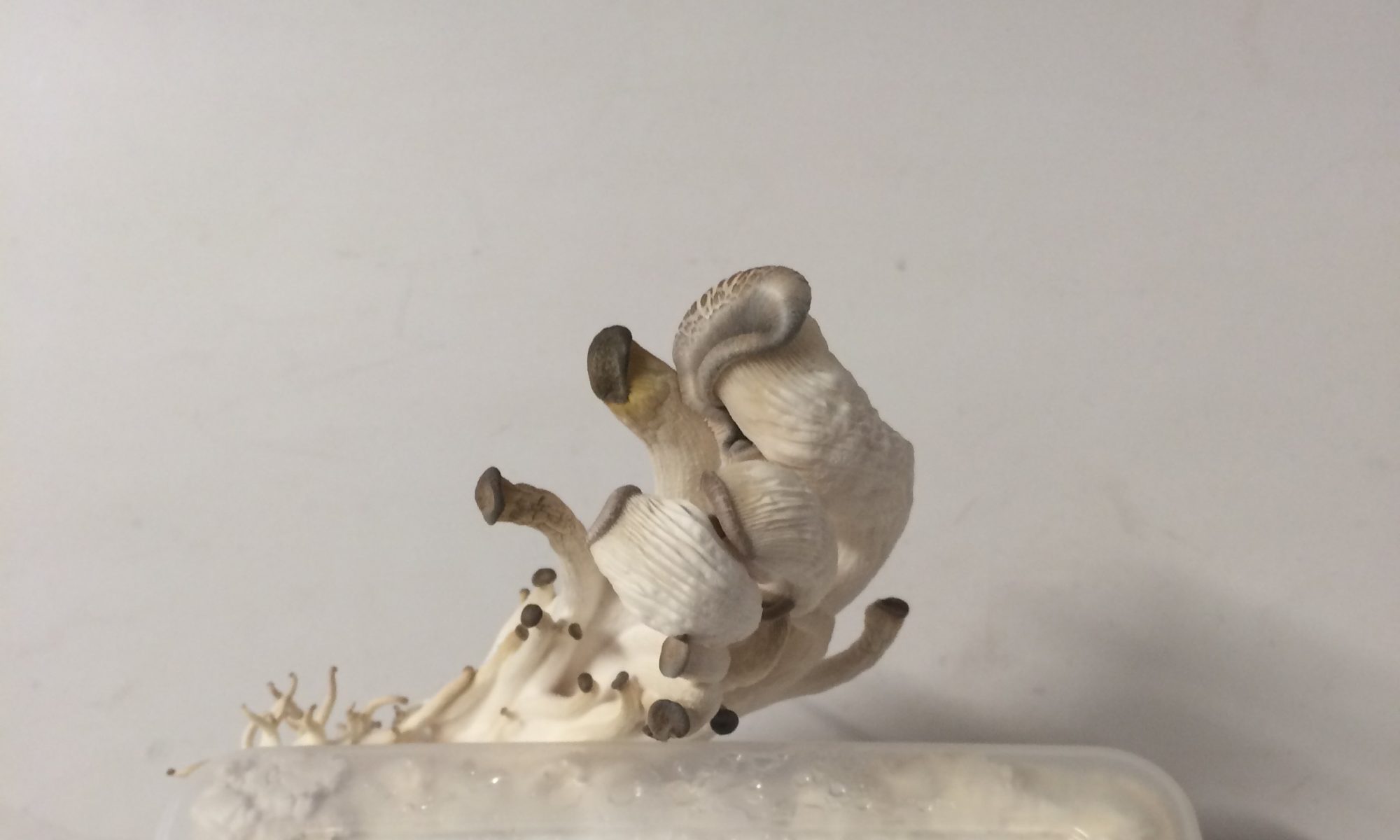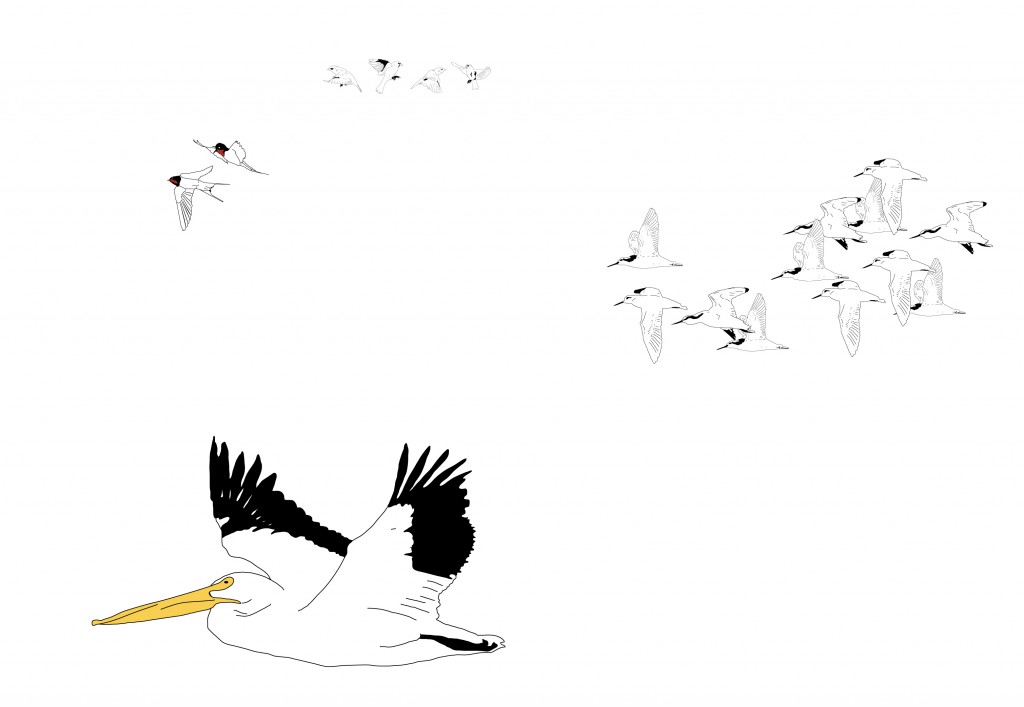New connections are being made between inflammation in the womb and the occurrence of autism in offspring. My ears perk up, as I see how many Chinese herbs are used to treat various inflammatory conditions (or general ones) and some of those botanical sources are highly invasive species, who thrive in disturbed, adverse, declined, urban, asthmatic ecosystems (see Invasive Plant Medicine for a treatise and list by herbalist Tim Scott) .
from
“An Immune Disorder at the Root of Autism,” The New York Times, Aug 26, 2012:
More recently, William Parker at Duke University has chimed in. He’s not, by training, an autism expert. But his work focuses on the immune system and its role in biology and disease, so he’s particularly qualified to point out the following: the immune system we consider normal is actually an evolutionary aberration.
Some years back, he began comparing wild sewer rats with clean lab rats. They were, in his words, “completely different organisms.” Wild rats tightly controlled inflammation. Not so the lab rats. Why? The wild rodents were rife with parasites. Parasites are famous for limiting inflammation.
Humans also evolved with plenty of parasites. Dr. Parker and many others think that we’re biologically dependent on the immune suppression provided by these hangers-on and that their removal has left us prone to inflammation. “We were willing to put up with hay fever, even some autoimmune disease,” he told me recently. “But autism? That’s it! You’ve got to stop this insanity.”
What does stopping the insanity entail? Fix the maternal dysregulation, and you’ve most likely prevented autism. That’s the lesson from rodent experiments. In one, Swiss scientists created a lineage of mice with a genetically reinforced anti-inflammatory signal. Then the scientists inflamed the pregnant mice. The babies emerged fine — no behavioral problems. The take-away: Control inflammation during pregnancy, and it won’t interfere with fetal brain development.
For people, a drug that’s safe for use during pregnancy may help. A probiotic, many of which have anti-inflammatory properties, may also be of benefit. Not coincidentally, asthma researchers are arriving at similar conclusions; prevention of the lung disease will begin with the pregnant woman. Dr. Parker has more radical ideas: pre-emptive restoration of “domesticated” parasites in everybody — worms developed solely for the purpose of correcting the wayward, postmodern immune system.
Practically speaking, this seems beyond improbable. And yet, a trial is under way at the Montefiore Medical Center and the Albert Einstein College of Medicine testing a medicalized parasite called Trichuris suis in autistic adults.
First used medically to treat inflammatory bowel disease, the whipworm, which is native to pigs, has anecdotally shown benefit in autistic children.
And really, if you spend enough time wading through the science, Dr. Parker’s idea — an ecosystem restoration project, essentially — not only fails to seem outrageous, but also seems inevitable.
Since time immemorial, a very specific community of organisms — microbes, parasites, some viruses — has aggregated to form the human superorganism. Mounds of evidence suggest that our immune system anticipates these inputs and that, when they go missing, the organism comes unhinged.
Future doctors will need to correct the postmodern tendency toward immune dysregulation. Evolution has provided us with a road map: the original accretion pattern of the superorganism. Preventive medicine will need, by strange necessity, to emulate the patterns from deep in our past.
Addendum: Colleague Marianne Petit sent me a link to a blog post taking this article apart. Such a good comeuppance for me, to remember to distinguish between exciting poetics, and well-wrought scientific inquiry:
Emily Willingham, Autism, immunity, inflammation, and the New York Times
As he closes with two paragraphs in which he uses, without preamble, the word “superorganism” twice, Velasquez-Manoff then violates science yet again by calling this plan to colonize all people with worms an “ecosystem restoration project.” Never mind the plain fact that you simply
can’t go home again when it comes to ecosystems and that colonizing our guts with pig parasites isn’t exactly replaying our evolutionary history. Either way, we are not the organisms we were 10,000 years ago or even 1000 years ago, not even counting the worms, and we won’t be again. Talking about “days of yore” and “time immemorial” doesn’t backtrack the collective changes our species has accumulated since the good old days of rampant parasitic infestations and high infant mortality. And my hope is that articles like this one won’t backtrack us to viewing all of autism as rooted in immune dysfunction and find ourselves once again staring into the abyss of vaccine panic.
What we have here is an argument that relies on shaky and shifting hypotheses of autism and autoimmune epidemics and hygiene, built using sparse data and scientific hints, a poor understanding of basic evolution and ecology, and a paradox of calling for a return to a more infectious past to “cure” autism while blaming immune-dysregulated, occasionally infected mothers of the present for … autism. In his closing, Velasquez-Manoff argues that evolution provided us with a roadmap of the original microbial and parasitic ecosystems we once were, one that, presumably, if we follow it, will guide us out of the “insanity” and “affliction” that is autism. If it’s possible, that’s where he’s most wrong. Evolution isn’t something that happens with a plan. To describe it in those terms is to have a profound failure of understanding of what evolution is. Where we’re going, evolutionarily speaking, there are no roads. And it would be better for most of us if there weren’t any parasitic worms, either.



